Uncertainties cloud future Swiss ties with EU
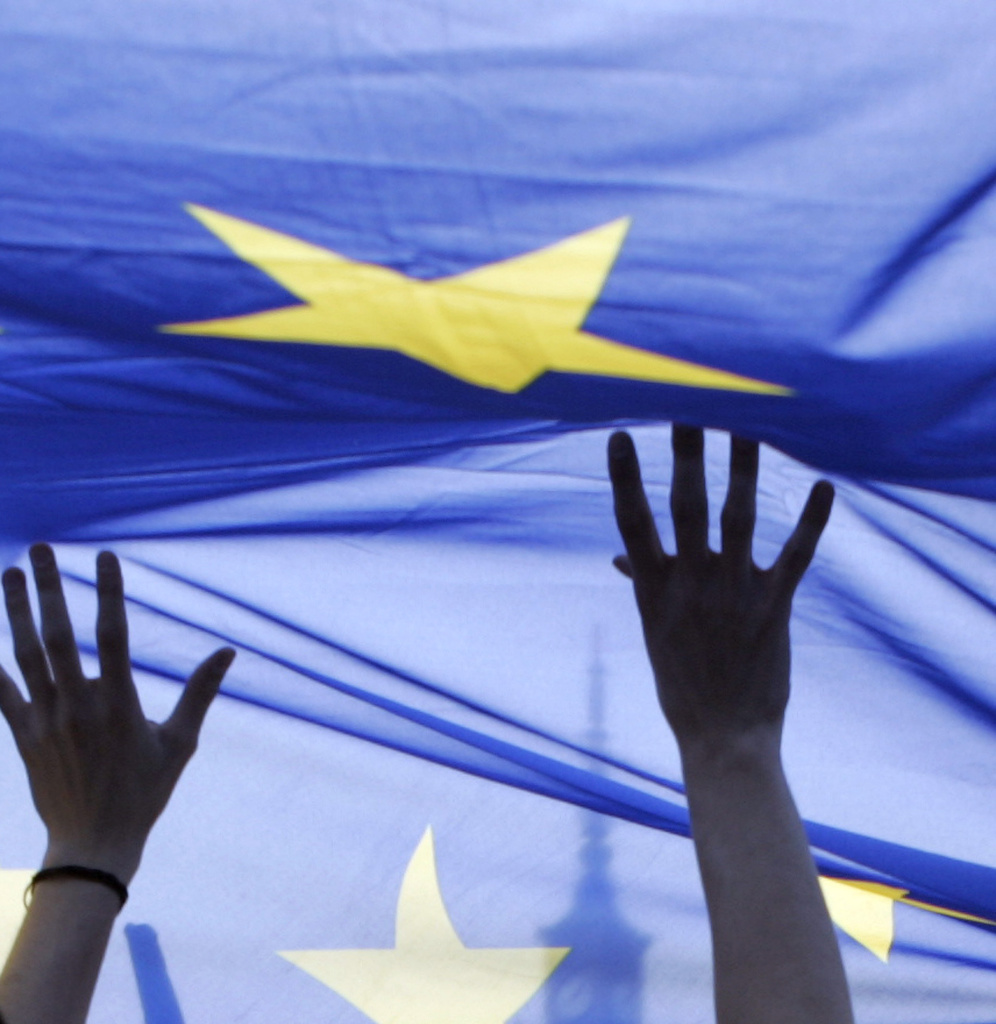
The cabinet is due to hold a special meeting on Wednesday to discuss its strategy regarding Switzerland’s relations with the European Union.
It comes a month after President Doris Leuthard heard from EU leaders that the era of tailor-made bilateral treaties with the 27-member union was nearing an end after more than a decade.
Both sides agreed to review relations within the next few months possibly with a view to negotiate a complete package.
There have also been reports that Switzerland will offer additional funds to the EU as part of efforts to reduce social and economic disparities within the union.
Bern and Brussels have concluded about 20 major and another 100 secondary agreements, but over time the sheer complexity has made it increasingly difficult to manage and adapt the accords.
At the centre are notably the automatic adoption of EU rules and a tribunal to resolve contentious issues.
In 1992 Swiss voters narrowly rejected the European Economic Area (EEA) treaty, a half-way house of full EU membership. The decision has marked Switzerland’s relations with its most important trading partner ever since and is considered a milestone for the rightwing Swiss People’s Party under its figurehead Christoph Blocher.
The public debate about Switzerland’s role in Europe has almost disappeared from news headlines in recent years, with all sides entrenched in their positions.
But the government has repeated that the bilateral way is the only viable option, adding that this policy had been confirmed in six nationwide votes since 1997.
Concerns
The pro-EU pressure group, European Movement Switzerland, as well as its anti-EU counterpart, the Campaign for an Independent and Neutral Switzerland (Cins), have voiced concerns ahead of the cabinet meeting.
“I fear the government will bemoan the alleged limitations of the bilateral accords and therefore propose to push ahead with the EEA, which is nothing less than the antechamber to full EU membership,” said Cins director Hans Fehr.
He says his organisation will step up the fight for Switzerland’s independence and accuses the government of having lost “the strength to defend the country’s interests.”
For its part the European movement has a strong feeling that the government will not have the courage to propose closer ties with Brussels.
“We fear that the government’s priority for the medium term will be to continue with bilateral treaties,“ says the movement’s Michael Fust.
The government may not have the courage to draw the right conclusion from the stalemate with the EU and it might be concerned that a shift in its European policy would not be appreciated by citizens, according to Fust.
Discuss and delay
Observers say the government could well launch an internal discussion this week, take stock of the situation and delay a decision for a few weeks.
“It is possible that the cabinet will say they need more time to examine the situation in depth,” said Europe expert Dieter Freiburghaus.
Political scientist Georg Lutz from Lausanne University says he would be surprised if the cabinet took a clear stance.
His guess is that “It will take a fair bit of reading between the lines to find out what the government is actually seeking to achieve.”
Lutz says the cabinet could opt for a cheap way out by announcing that it is checking all options. Alternatively it could identify specific options it wants to examine.
He does not exclude the government suggesting a new vote on an EEA treaty or some sort of framework agreement. However, Lutz rules out EU membership as potential “political suicide”.
He says the government might be reticent to take a stand because some parties and organisations have not formed a clear opinion on European integration and possibly also over fears that the rightwing could exploit any shift towards the EU for its campaign ahead of next year’s parliamentary election.
Urs Geiser, swissinfo.ch
1992: Rejection of the European Economic Area Treaty – considered a halfway house to EU membership – by Swiss voters.
1997: Voters throw out proposal by rightwing groups to make EU membership negotiations subject to a nationwide vote.
2000: First set of bilateral treaties (trade, labour, transport) approved in nationwide vote.
2001: Proposal to launch immediate EU membership negotiations rejected in nationwide vote.
2005: Second set of bilateral treaties (customs, asylum, savings tax) win approval in nationwide vote. Extension of labour accord to ten new EU members also approved.
2006: Voters endorse Swiss payments for eastward expansion of EU.
2009: Electorate approves Swiss payments for Romania and Bulgaria.
1961: Seven countries, including Switzerland, sign the European Free Trade Agreement (Efta).
1963: Switzerland joins the Council of Europe.
1992: Swiss government decides to apply for negotiations on EU membership. The application remains shelved.
The government’s 2006 report on European integration stated that the Swiss policy is based on bilateral treaties.
Switzerland and the EU have concluded about 120 bilateral agreements since 1972 when voters approved an Efta accord with Brussels on a free trade zone.

In compliance with the JTI standards
More: SWI swissinfo.ch certified by the Journalism Trust Initiative

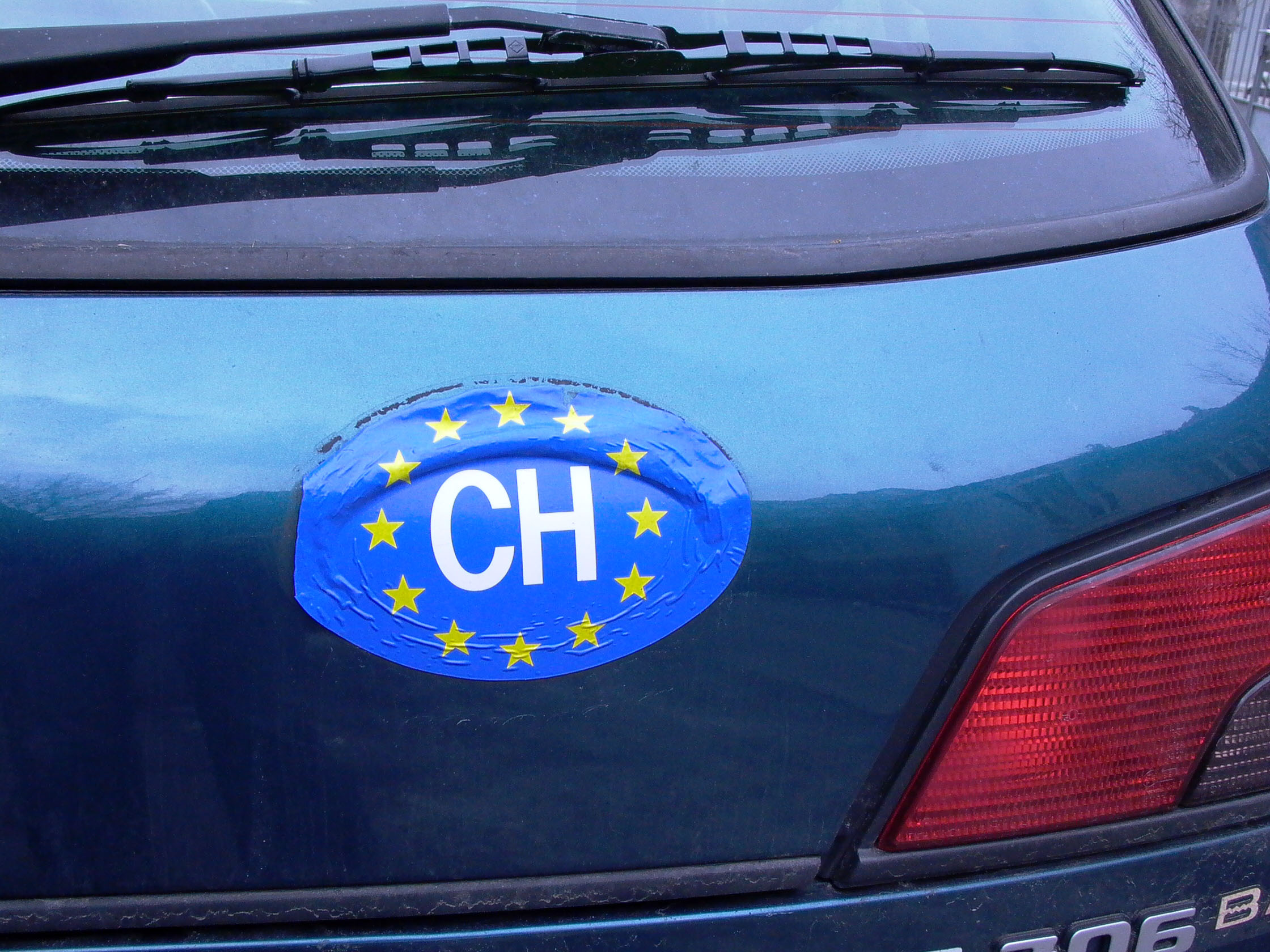
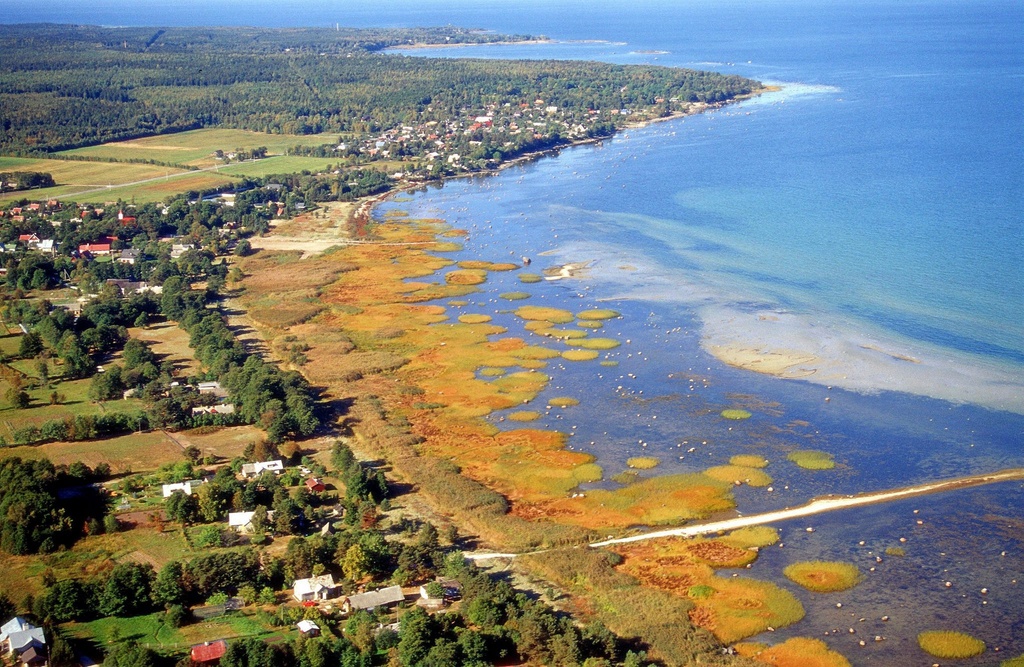
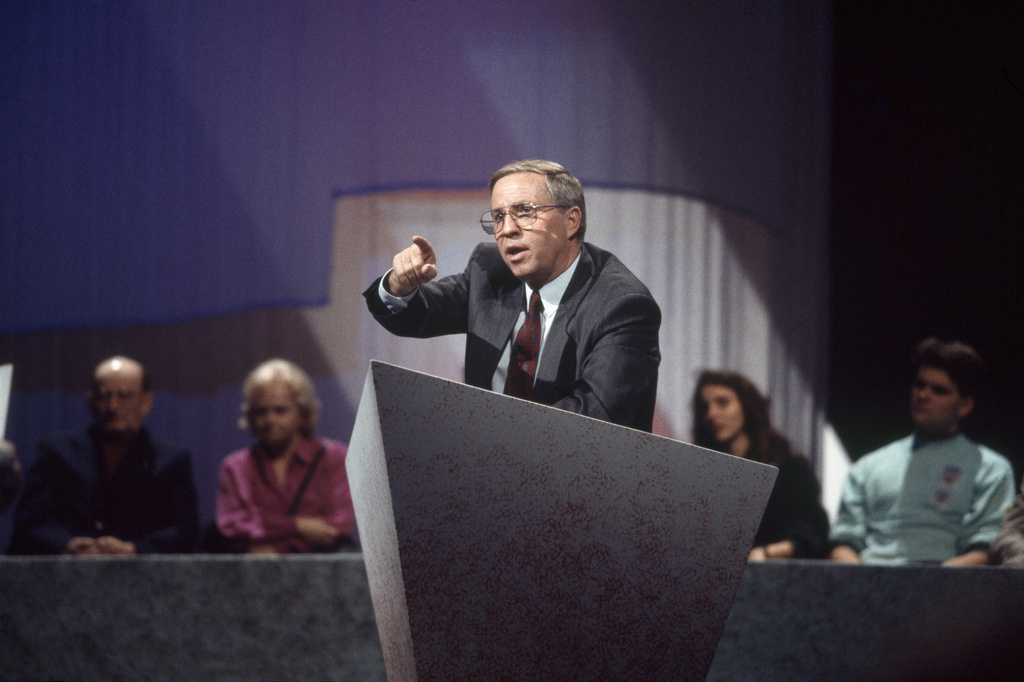
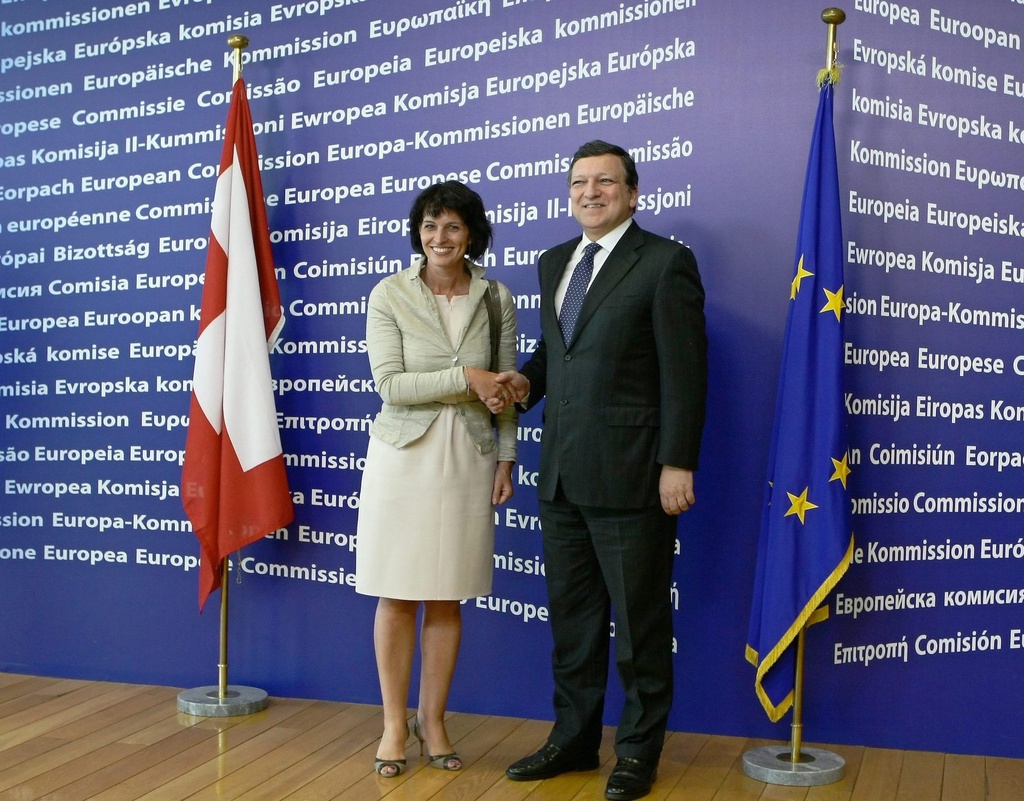
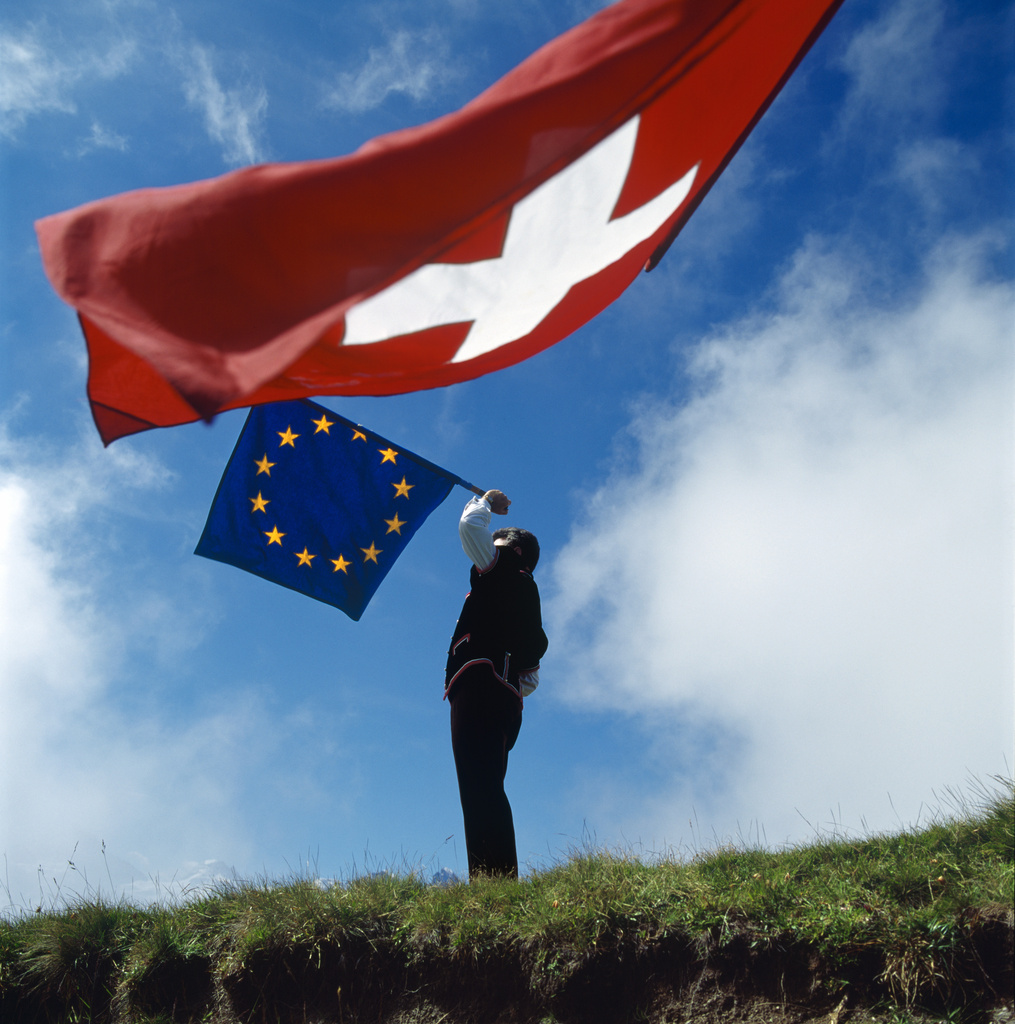
You can find an overview of ongoing debates with our journalists here . Please join us!
If you want to start a conversation about a topic raised in this article or want to report factual errors, email us at english@swissinfo.ch.